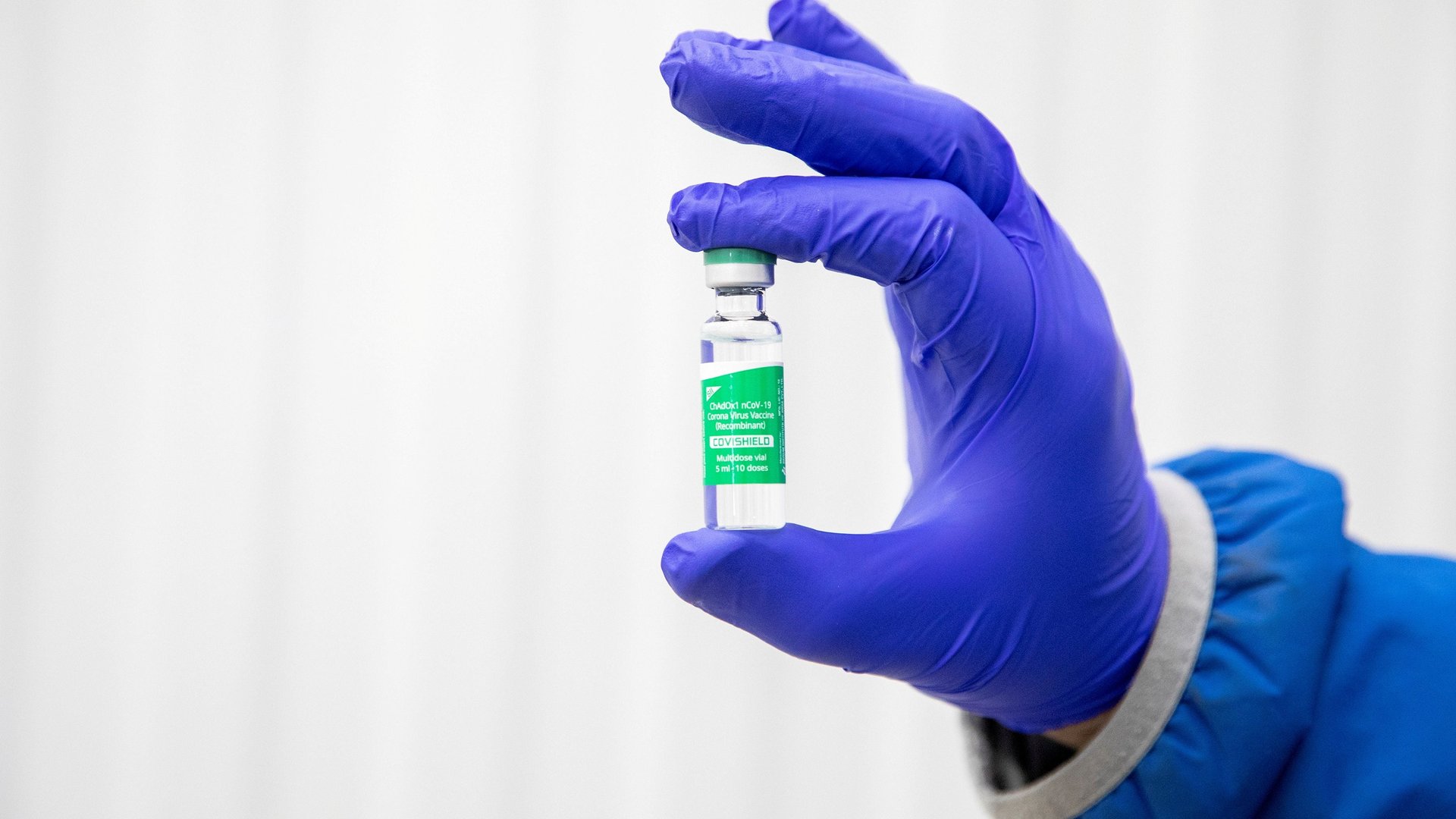India is making a tough choice between global and domestic responsibility for Covid-19 vaccines
After months of fitful supply, India’s Covid-19 vaccination program has finally reached a happy momentum. But manufacturers are still not able to start fulfilling their international orders.


After months of fitful supply, India’s Covid-19 vaccination program has finally reached a happy momentum. But manufacturers are still not able to start fulfilling their international orders.
India banned the export of Covid-19 vaccines when an unprecedented second wave of the pandemic battered the country earlier this year. At the time, the government had only opened up vaccinations for those above the age of 45, and shots for adults over the age of 18 began in May.
India’s vaccine shortage
The ban on exports came in the light of a severe vaccine shortage, which the government has often denied. However, large states like Maharashtra, Chhattisgarh, and Odisha had to temporarily shut down vaccine centers. Delhi, till July, was rationing its supply of Covishield, manufactured by Serum Institute of India (SII), and allowing only those whose second doses were due to get vaccinated.
But owing to a sudden rise in supply, vaccinations crossed 10 million a day on 27 and 31 Aug., raising hopes that India may finally be able to at least partially vaccinate its adult population by December. As of today (Sept. 13), India has administered nearly 569 million doses first doses of Covid-19 vaccines.
SII is expected to produce Covishield, the locally made version of the AstraZeneca vaccine, at a capacity of 120 million doses a month in August, up from about 65 million in May. The manufacturer also told the government on Aug. 26 that it will supply 200 million doses in September alone.
When will India resume vaccine exports?
With the looming fear of a possible third wave, India’s priority on domestic vaccinations appears to be prudent. Vaccines are known to offer strong protection against hospitalizations and deaths, even if variants like the delta cause infections even in fully vaccinated people.
“It is still some time before India again starts exporting Covid-19 vaccine doses; does not look like it will happen before the year-end. Though the situation is far better now and looks like the new cases are somewhat stabilizing, still, there is no question of dropping our guard,” an unnamed central government source told the Hindustan Times newspaper.
India’s festival season has also just begun, which means that unless the government announces furthers lockdowns (at huge economic cost), there will be significantly more mingling of crowds.
Since April, India has not donated or supplied any vaccines under the Vaccine Maitri (vaccine friendship) program. Its last donation was on April 22, and the last shipment for the Covax, the global vaccine-sharing initiative, went out on April 16. The Indian foreign ministry last updated its Vaccine Maitri dashboard on May 29.
What do vaccine makers say?
Besides countries waiting for supply, manufacturers are also unhappy. Cyrus Poonawalla, SII’s chairman, has said that it is a “very bad move” to continue the export ban. “These countries have paid crores in advance to the company,” he said on Aug. 13.
He also added that the Bill and Melinda Gates Foundation and World Health Organization (WHO) gave SII $300 million (2,200 crore rupees) for vaccine production, which he offered to return. But the organizations, he told ANI, declined that offer because they hope the export ban will be lifted soon.
This post was updated to clarify the grant amount received by SII.